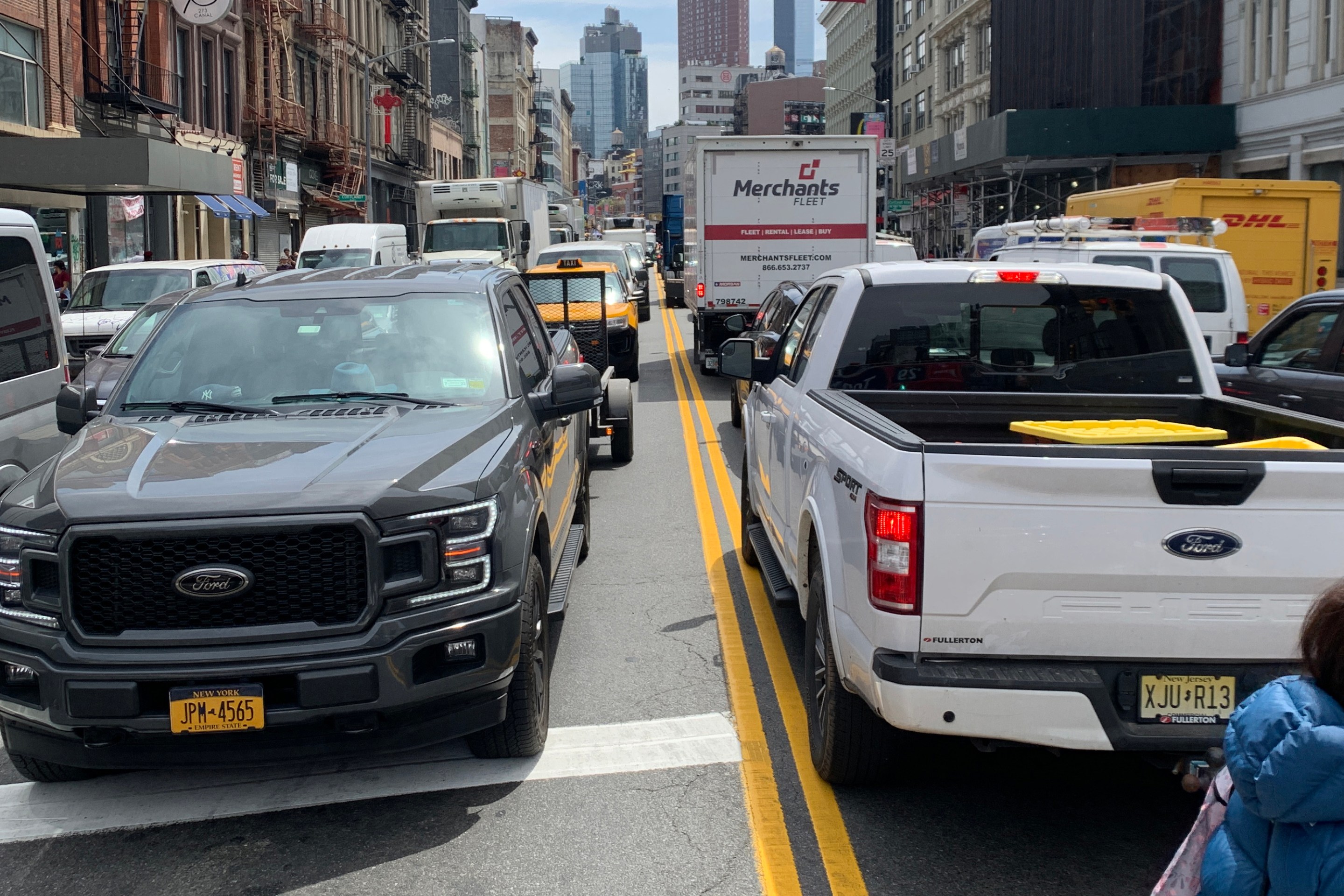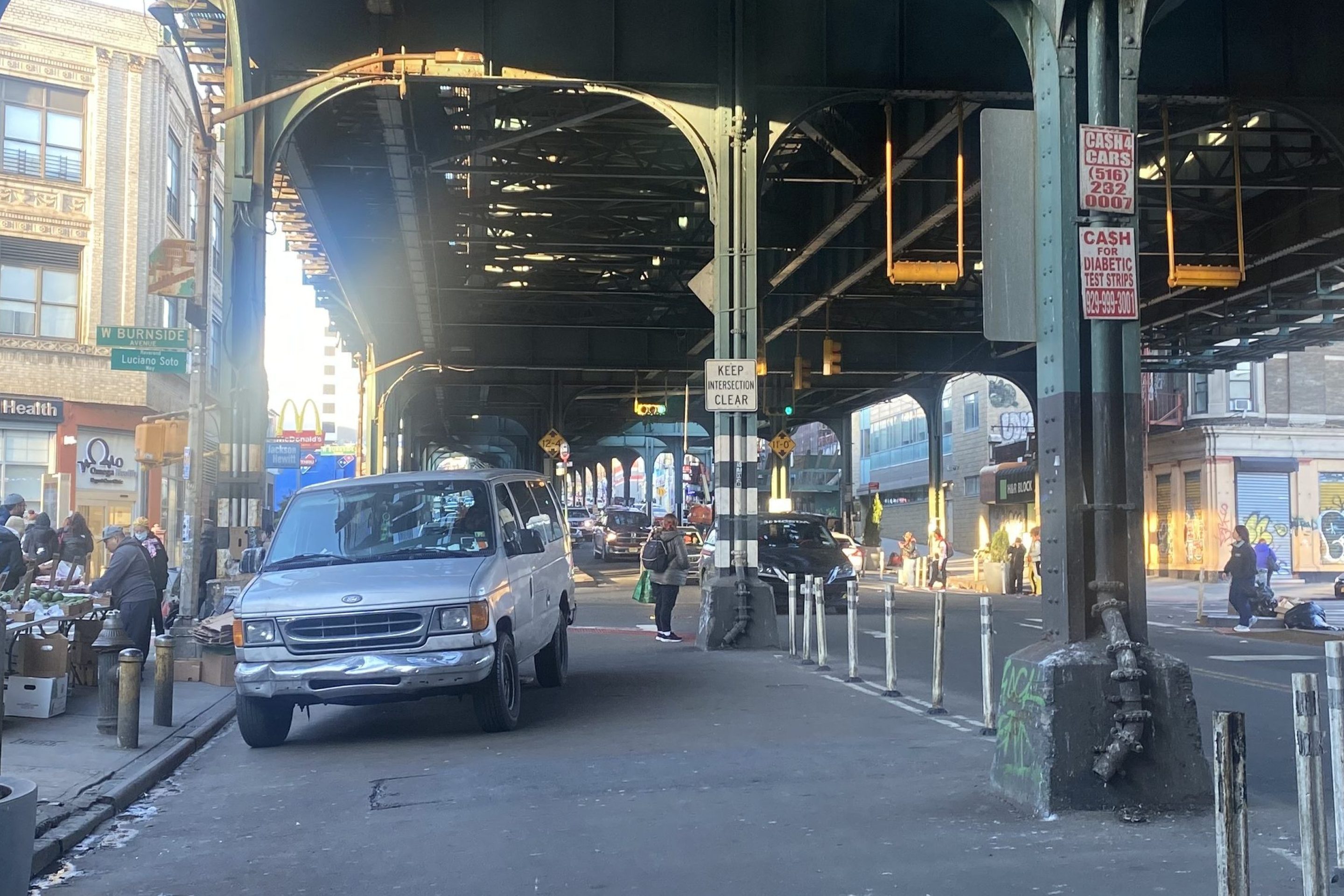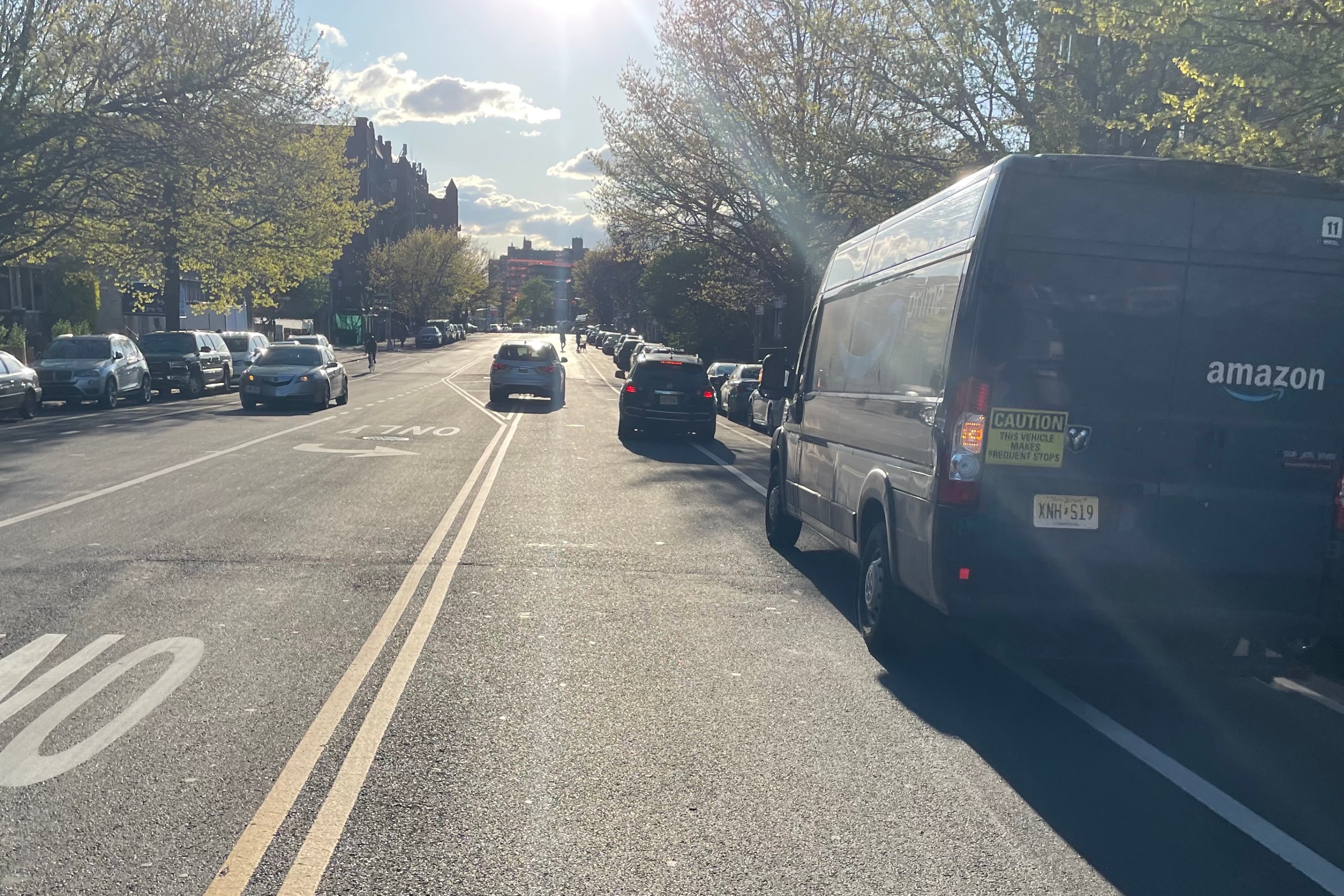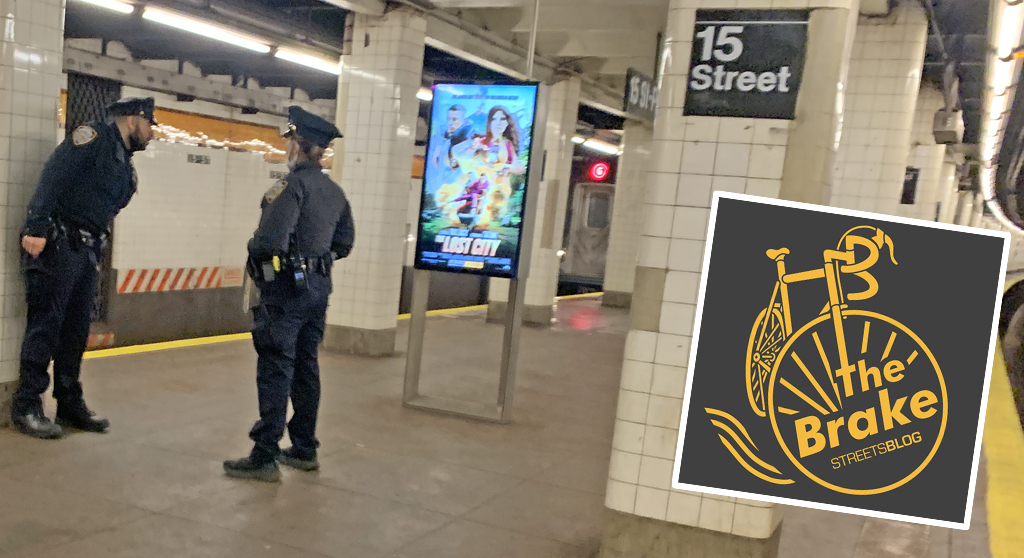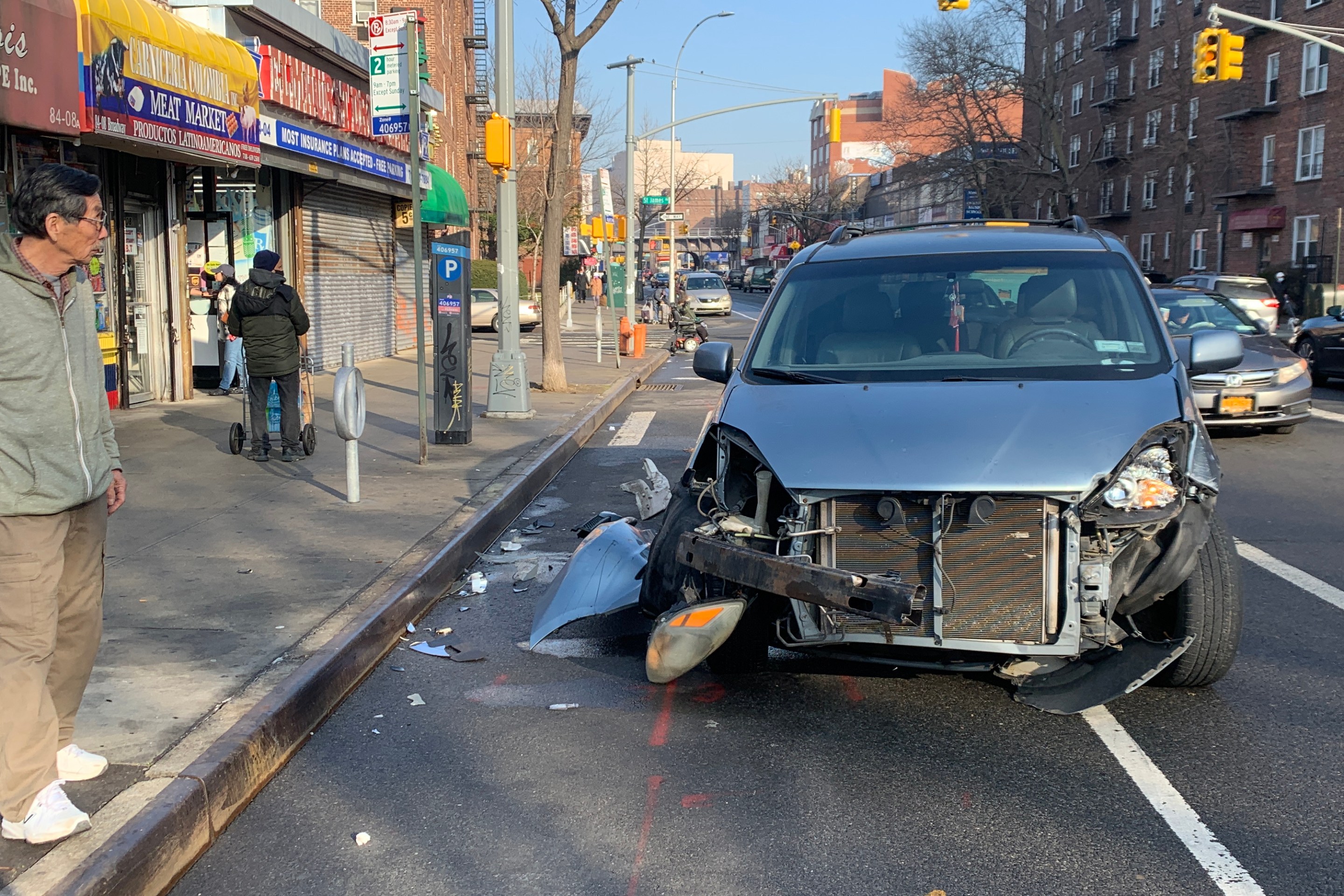After yesterday's post on the campaign to increase federal funding for transit service, some readers expressed concern that the proposal on the table would let metro areas avoid paying for their own transit operations. The way things stand, big transit agencies can't spend federal cash to run their trains and buses. If they could, the thinking goes, what's to keep local governments from reducing the share they chip in?
Well, I neglected to mention that the bill in question, H.R. 2746, includes a good mechanism to prevent that from happening. In fact, it provides an excellent incentive for metro areas to bump up their dedicated transit funding.
Basically, Rep. Russ Carnahan's bill would allow a transit agency to spend more of its federal money on operations only if that agency receives more local revenue too (not counting farebox revenue). Making federal support for transit service contingent on a local match is a great incentive to push local transit policies in a better direction. And lots of American cities really need that push.
Consider: In New York, we have the biggest constituency for transit of any metro area in the nation, and this April we could barely muster enough votes in our state legislature to avoid crippling service cuts. Transit riders in other parts of the country aren't so lucky. In St. Louis, which Carnahan represents, voters turned down a referendum in November that would have increased transit funding with a half cent sales tax. Now, St. Louis transit riders are suffering through some of the worst service cuts in the nation.
It's true that the Carnahan bill is not a cure-all. It doesn't enlarge the feds' total pot of money for transit, so the more federal cash transit agencies spend on service, the less they will have available to spend on expanding and maintaining their systems. But without the greater flexibility provided by the Carnahan bill, and without the local incentives it includes, it seems like many transit agencies will be left to ponder the question: Why buy more trains and buses if we can't afford to run them?
